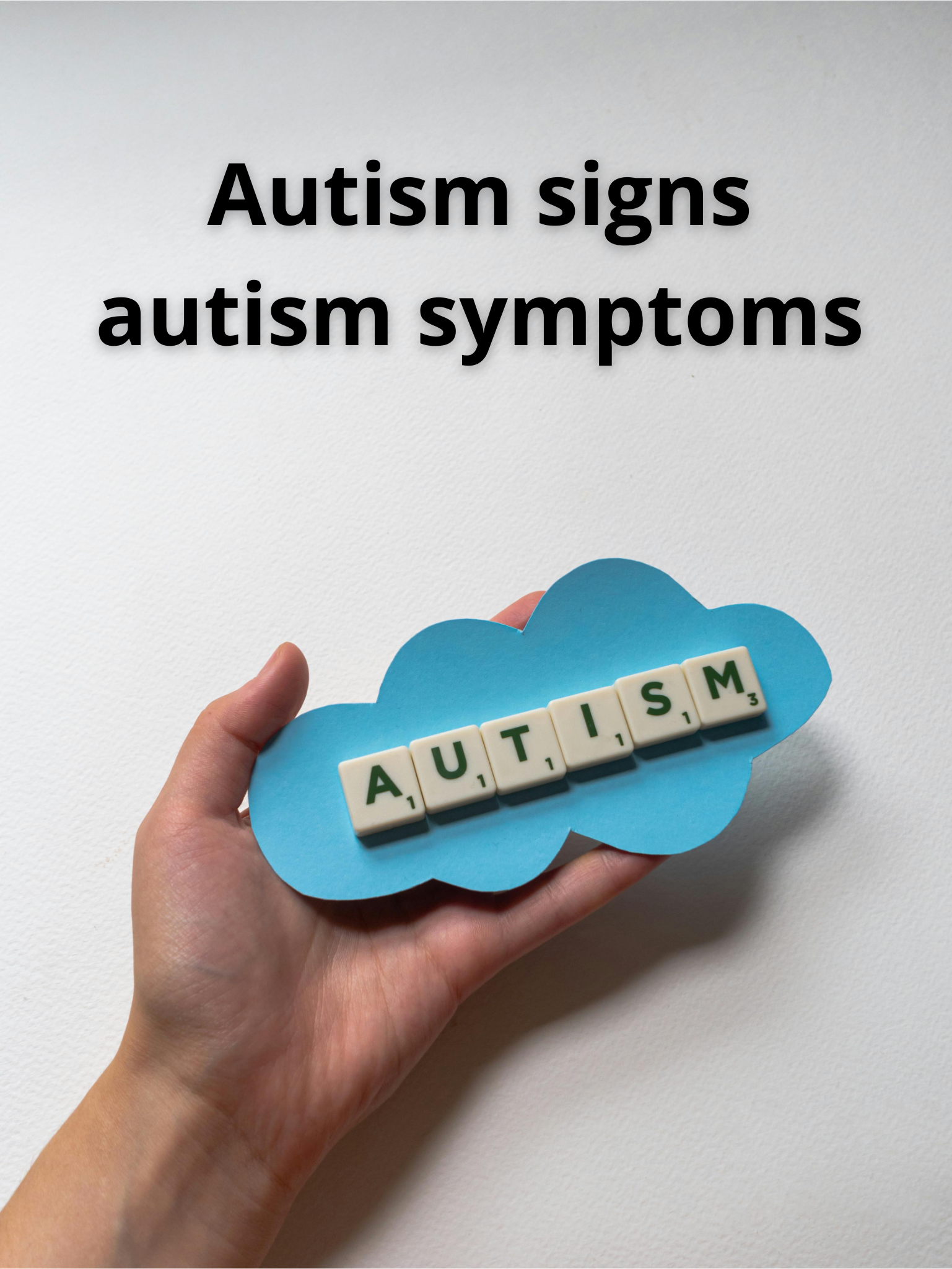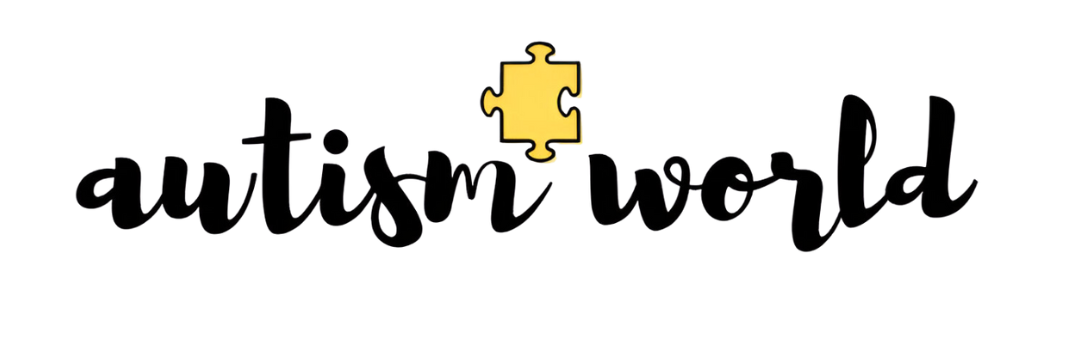With 9 years of experience in the kitchen, I’m passionate about crafting delicious recipes and sharing them with food lovers worldwide. 🍽️✨ Whether it’s a comforting homemade dish or a creative cocktail, my goal is to make cooking fun, easy, and enjoyable for everyone. Join me on this flavorful journey! 🍹🥗

Autism Signs / Autism Symptoms: Key Early Indicators & Support
Autism Signs / Autism Symptoms: Key Early Indicators & Support
Understanding autism spectrum disorder (ASD) starts with recognizing the early indicators of autism. Early detection and intervention can significantly impact a child’s development and quality of life. This comprehensive guide provides insights into key indicators, support strategies, and expert advice to empower you in supporting your child’s journey.
What are Early Autism Signs / Autism Symptoms?
Autism signs / autism symptoms represent a spectrum of developmental differences that can manifest in various ways. These signs typically appear in early childhood and affect social interaction, communication, behavior, and sensory processing. It’s important to remember that every child is unique, and the presentation of these indicators can vary widely.
Why Early Detection of Autism Signs / Autism Symptoms Matters
Early detection of autism signs / autism symptoms is crucial because it allows for timely intervention and support. Early intervention programs can help children with autism develop essential skills, improve communication, and enhance their overall quality of life. The earlier the intervention, the greater the potential for positive outcomes. Learn more about developmental milestones on the CDC website.
Delaying intervention can lead to missed opportunities for development and may exacerbate challenges later in life. Parents and caregivers play a vital role in recognizing potential signs of autism and seeking professional evaluation.
Key Early Indicators of Autism Signs / Autism Symptoms
Several key indicators may suggest the presence of autism signs / autism symptoms in young children. These indicators fall into different categories, including social interaction, communication, behavior, and sensory processing. It’s essential to observe a child’s development holistically to identify potential concerns. Contact us at /contact if you have any concerns.
Social Interaction Autism Signs / Autism Symptoms
Difficulties with social interaction are a hallmark of autism signs / autism symptoms. These difficulties may include:
- Lack of eye contact
- Difficulty understanding social cues
- Limited interest in interacting with peers
- Challenges making and maintaining friendships
- Appearing withdrawn or aloof
Children with autism may struggle to understand and respond to social situations, leading to feelings of isolation and frustration. Observing a child’s social interactions in various settings can provide valuable insights. Learn more /about.
Communication Challenges and Autism Signs / Autism Symptoms
Communication difficulties are another significant aspect of autism signs / autism symptoms. These challenges can affect both verbal and nonverbal communication. Examples include:
- Delayed speech development
- Difficulty understanding language
- Repetitive or unusual use of language
- Challenges with conversation
- Difficulty expressing needs and desires
Some children with autism may be nonverbal or have limited speech, while others may have fluent speech but struggle with the pragmatic aspects of communication, such as understanding sarcasm or using appropriate tone of voice. We offer /services.
Repetitive Behaviors as Autism Signs / Autism Symptoms
Repetitive behaviors are common autism signs / autism symptoms. These behaviors can manifest in various forms, such as:
- Repetitive movements (e.g., hand flapping, rocking)
- Obsessive interests in specific topics
- Adherence to routines and rituals
- Difficulty with transitions
- Arranging objects in a particular way
These behaviors often serve as a way for children with autism to cope with anxiety and sensory overload. Understanding the function of these behaviors is crucial for providing appropriate support.
Sensory Sensitivities and Autism Signs / Autism Symptoms
Sensory sensitivities are frequently observed in individuals with autism signs / autism symptoms. These sensitivities can involve heightened or reduced responses to sensory stimuli, such as:
- Sensitivity to loud noises
- Aversion to certain textures
- Sensitivity to bright lights
- Unusual interest in sensory experiences
- Difficulty tolerating certain smells
Sensory sensitivities can significantly impact a child’s daily life, leading to anxiety, discomfort, and behavioral challenges. Creating a sensory-friendly environment can help minimize these difficulties.
Developmental Milestones and Autism Signs / Autism Symptoms
Tracking developmental milestones is essential for identifying potential autism signs / autism symptoms. Delays in reaching milestones, such as speaking, walking, or interacting with others, can be early indicators of developmental concerns. While every child develops at their own pace, significant delays warrant further evaluation. Keep an eye out for these indicators. See more about milestones on Wikipedia: Developmental milestone.
The Diagnosis Process for Autism Signs / Autism Symptoms
If you suspect your child may be exhibiting autism signs / autism symptoms, it’s crucial to seek a professional evaluation. The diagnostic process typically involves a multidisciplinary team of experts, including:
- Developmental pediatricians
- Psychologists
- Speech-language pathologists
- Occupational therapists
The team will assess your child’s development, behavior, and communication skills through observation, interviews, and standardized assessments. A comprehensive evaluation is necessary to determine whether a diagnosis of autism is appropriate.
Early Intervention Strategies for Autism Signs / Autism Symptoms
Early intervention is critical for children with autism signs / autism symptoms. Effective early intervention programs focus on:
- Developing communication skills
- Improving social interaction
- Reducing challenging behaviors
- Enhancing cognitive abilities
These programs are often tailored to meet the individual needs of each child and may involve a combination of therapies, educational support, and parent training.
Therapy Options for Addressing Autism Signs / Autism Symptoms
Various therapy options can help address autism signs / autism symptoms and support a child’s development. Common therapies include:
- Applied Behavior Analysis (ABA)
- Speech therapy
- Occupational therapy
- Social skills training
- Sensory integration therapy
The choice of therapy depends on the child’s specific needs and goals. A qualified professional can help determine the most appropriate treatment plan. ABA is often mentioned, Forbes addresses it in this article: What is Applied Behavior Analysis? (ABA).
Supporting Your Child Showing Autism Signs / Autism Symptoms
Supporting a child with autism signs / autism symptoms requires patience, understanding, and a commitment to providing a nurturing environment. Here are some tips for supporting your child:
- Create a structured and predictable routine
- Use visual supports to aid communication
- Provide opportunities for social interaction
- Celebrate successes and achievements
- Be patient and understanding during challenging moments
Remember that every child is different, and what works for one child may not work for another. It’s essential to be flexible and adapt your approach as needed.
Parental Support and Resources
Raising a child with autism signs / autism symptoms can be challenging, and it’s essential for parents to have access to support and resources. Numerous organizations and support groups offer information, guidance, and emotional support for families affected by autism. Connecting with other parents who understand the unique challenges of raising a child with autism can be invaluable.
Debunking Common Myths About Autism Signs / Autism Symptoms
Many myths and misconceptions surround autism, which can lead to misunderstanding and stigma. It’s essential to debunk these myths and promote accurate information about autism. Some common myths include:
- Myth: Autism is caused by vaccines.
- Myth: People with autism lack empathy.
- Myth: Autism is a single condition.
- Myth: People with autism cannot live fulfilling lives.
These myths are untrue and can be harmful. Promoting accurate information about autism can help reduce stigma and improve understanding.
Latest Research on Autism Signs / Autism Symptoms
Research on autism is ongoing, and scientists are continually learning more about the causes, diagnosis, and treatment of autism. Recent research has focused on:
- Genetic factors
- Brain development
- Early intervention strategies
- New therapies
Staying informed about the latest research can help parents and professionals make informed decisions about care and support.
The Future of Autism Research and Support
The future of autism research and support is promising. As scientists continue to unravel the complexities of autism, new and innovative treatments and interventions are being developed. Increased awareness and acceptance of autism are also leading to more inclusive and supportive communities. The goal is to create a world where individuals with autism can thrive and reach their full potential.
Expert Insights on Recognizing Autism Signs / Autism Symptoms
Experts in the field of autism emphasize the importance of early detection and intervention. They also highlight the need for individualized approaches to care and support. Each child with autism is unique, and their needs should be addressed accordingly. Working closely with professionals who have expertise in autism can help families navigate the challenges and opportunities of raising a child with autism.
Additional Resources for Understanding Autism
Numerous resources are available for individuals and families seeking more information about autism. These resources include:
- Autism Speaks
- The Autism Society
- The National Autism Center
- Local autism support groups
These organizations offer a wealth of information, support, and resources to help individuals and families affected by autism.




